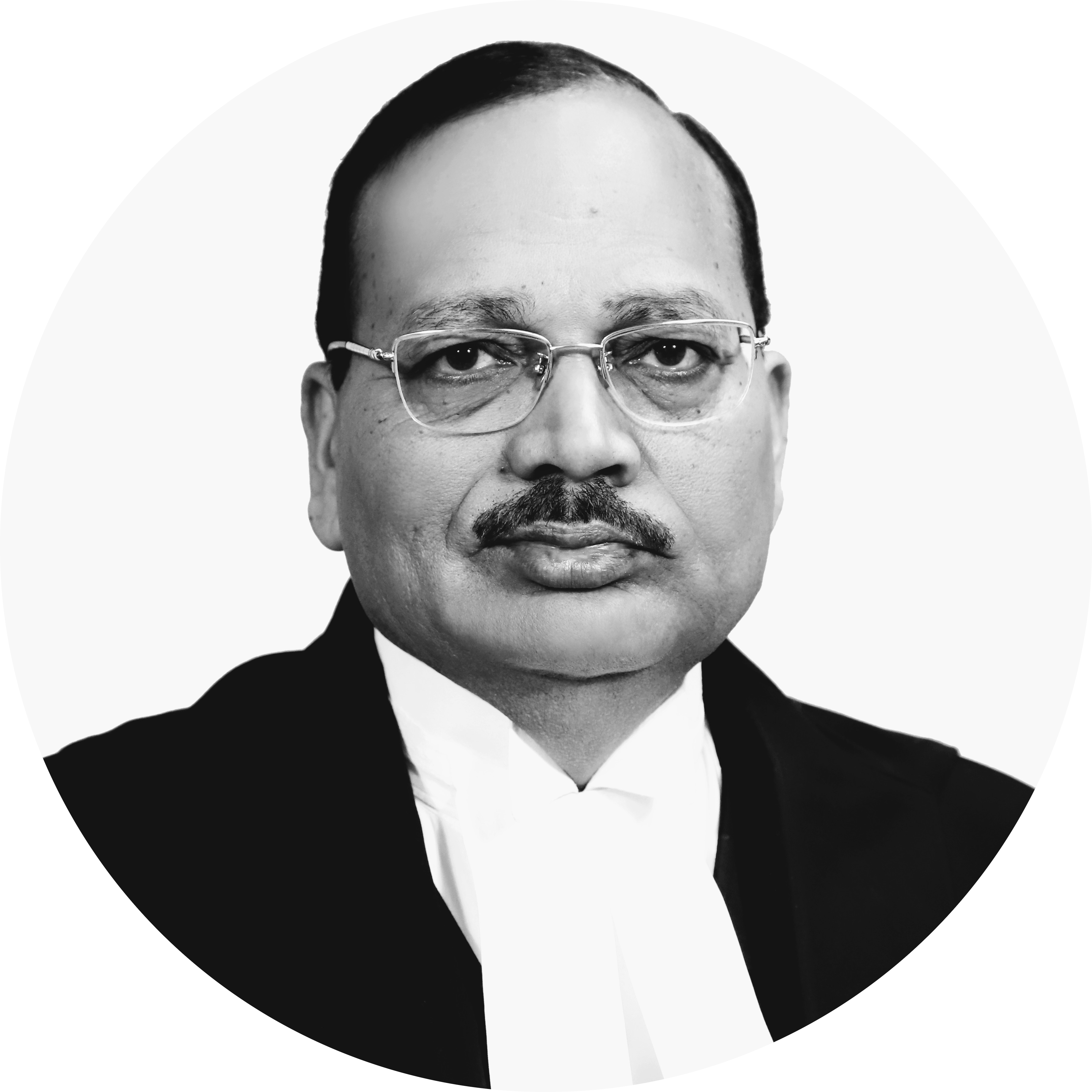OBC & EWS Reservation in Postgraduate Medical Admissions (PG NEET)
Neil Aurelio Nunes v Union of India
Having decided that seats in the All India Quota can be reserved for OBC candidates in January 2021, the SC will decide whether the Union government’s ₹8 lakh annual income criteria for determining EWS status in the forward castes is constitutional.
Pending
Parties
Petitioner: Neil Aurelio Nunes
Lawyers: Arvind Datar, Charu Mathur
Respondent: Union of India
Lawyers: Gurmeet Singh Makker; Gaurav Sharma; Amrish Kumar
Case Details
Case Number: WP(C) 961/2021
Next Hearing: September 7, 2022
Last Updated: May 31, 2023
TAGS: Chandrachud J, EWS, Medical Entrance Examination, NEET, OBC, PG NEET, Reservation
Key Issues
Can reservations for OBCs and EWS in the AIQ be permitted?
Can the executive decide to reserve seats in the AIQ—a category of seats created by the Supreme Court?
Is the Union government’s ₹8 lakh annual income limit to determine EWS status in the forward castes reasonable?
Is the ₹8 lakh annual income limit based on reliable and contemporary data of economic backwardness?
Case Description
The All India Quota (AIQ), which provides domicile-free, merit-based seats to medical students, was created by the Supreme Court in 1986. Several State governments began reserving a large proportion of seats in medical colleges for students domiciled in their own states, excluding students from other states. Therefore, in Dr. Pradeep Jain v Union of India (1986), the SC placed a cap on the proportion of undergraduate (UG) and postgraduate (PG) seats that a State government can reserve for domicile students in medical colleges. The unreserved seats formed the AIQ.
The AIQ was created to be free from domicile reservations. The lingering question, however, was whether the Union government could provide other kinds of reservation (for SC/STs, OBCs, EWS, women and persons with disabilities) in the AIQ. In 2003, the Court clarified in three separate Judgments that the Union government was not obligated to provide reservations in AIQ seats. Then, in Abhay Nath v University of Delhi (2006), the SC held that 22.5% reservation (15% for Scheduled Castes and 7.5% for Scheduled Tribes) should be included in AIQ.
While most State Government colleges have reservations for students from the Other Backward Classes (OBCs) for admissions under the State quota, this reservation did not apply to those falling under the AIQ. Many States, particularly Tamil Nadu, took issue with this. They demanded the implementation of OBC student reservations within the AIQ as well.
The current dispute arose in 2021. On July 29th 2021, the National Testing Agency issued an admissions notice providing for 27% reservation for OBC students and 10% reservation for Economically Weaker Sections (EWS) students admitted under the AIQ, for both UG and PG medical courses.
Four writ petitions were filed challenging the AIQ scheme by general category doctors and students who wish to appear for the National Entrance-cum-Eligibility Test (NEET) under the AIQ. The petitioners argue that the 2021 Admissions Notice violates their fundamental rights, and amounts to ‘reverse discrimination’. They argue that the added reservation on the AIQ crosses the 50% limit on reservations laid down in Indra Sawhney v Union of India (1992). Finally, that the Court’s decision in Abhay Nath v University of Delhi ignores its past rulings on the question of reservation in the AIQ scheme.
One group of petitioners focus solely on the EWS reservations. They note that the challenge to the Constitution (One Hundred and Third Amendment) Act, 2019, is still pending before the Supreme Court. That petition challenges the introduction of a new category of reservation like EWS, enabling reservations in higher education and public employment on the basis of economic status. The petitioners also argue that the annual income limit of ₹8 lakh as a criteria to determine EWS status is arbitrary.
The 2021 NEET PG admissions suffered numerous delays due to successive waves of the Coronavirus pandemic. At the brink of the Third Wave in January 2022, the examinations had still not taken place. Resident doctors across the country staged protests and strikes—they complained that without new admissions, they would be understaffed and overworked through the Third Wave.
On January 7th 2022, yet to hear detailed arguments on the validity of the EWS reservations scheme, Justices D.Y. Chandrachud and A.S. Bopanna delivered an Order to facilitate the quick completion of examinations. They stated that reservations were permissible within the All India Quota and could be notified by the Executive without the Supreme Court’s prior permission. The Bench dismissed the challenges against OBC, noting that reservation is not antithetic to merit. The question of EWS income limit and its validity was left to be decided after the third wave of the pandemic.
The Bench directed the Union government to complete the 2021 NEET examination as per the July 2021 NEET notice, providing reservations to OBC and EWS candidates. The Bench’s reason for allowing the EWS reservations on the basis of an untested and disputed criteria—there was no time to register students without the EWS category or in keeping with the Union’s new and purportedly more accurate criteria, suggested by the Major Sinho Commission in October 2021.
The hearings on the EWS income criteria remain pending. In these hearings, the Court will assess whether the criteria was devised after collecting and analysing credible and contemporary data. So, while EWS reservation in the AIQ for PG NEET has been found permissible, the Court is yet to decide the basis for this reservation.


